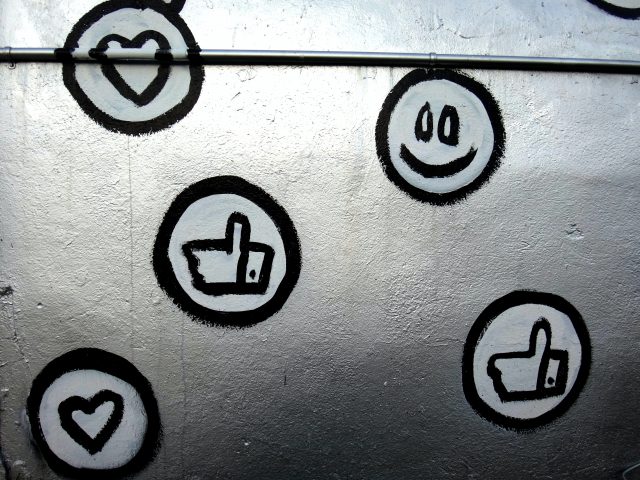(Literally) LEFT TO OUR OWN DEVICES

We are now left to our own devices – quite literally! Some of us are white knuckling both our phones and TV remotes in an attempt to stay up to date with Covid-19, while we are simultaneously hosting Zoom happy hours and drinking “Quarantinis.” (I have experienced few things less awkward than drunk people screaming over each other into their computer speakers.) People are concurrently trying to work on their computers and phones, child mind or worse yet, home-schooling. We are no longer getting out, save for disturbing trips to the grocery store. These outings are hardly mindful, relaxing or a true digital detox.
When asked how people are fairing, common sentiments of clients, family and friends alike include:
“I have never received this many emails and I am spending hours glued to the screen – I need to get away from my computer!!!””
I feel like I have so much time, but I can’t focus on anything and I am totally exhausted.”
“The days are going by in a blur and I am not sure how I am even spending them.”
“Things are beeping and buzzing and chirping and twittering and it’s stressing me the *out.” (Okay, maybe I own this last one.)
With our non-digital outlets rapidly dwindling (e.g., reduced time outdoors, no social visits, remote work) it makes total sense that our screen time is skyrocketing. Many of us are also in a constant state of fear, which leads us to want to stay apprised of the news and remain connected to important others. Most of us cannot go into work and those of us who are lucky enough to still be employed are forced to interact remotely and through the use of technology. (Just this week I learned Slack, tried out multiple video-conferencing platforms, Zoomed and started a Blog.)
Cal Newport, the author of Digital Minimalism: Choosing a Focused Life in a Noisy World (2019) wrote a compelling book about the increasing loss of control we have over our digital addictions. There has not been a time when this book has impressed as more relevant, than now. I don’t know Cal and have no incentive for promoting his book, but I like what he has to say, and I like it for these times.

It’s hard to do justice in a few bullets, but his writing is concise, and his premises make sense:
1. “Clutter is costly” – he argues that while each device, app, and service might confer some value, sometimes having too many negates the incremental benefits of each, ultimately leading to lesser productivity.
2. “Optimization is important”– Newport suggests that it is critical to choose wisely and optimize what technology you want to use. He suggests it is important to figure out which technologies are congruent with your values. (For example, it might feel necessary to stay up to date on health information, but less important to see blow-by-blow stories of the goings on of people whom you haven’t seen since grade 1.)
3. “Intentionality is Satisfying” – Newport reasons that it is not just about which types of technology you choose that is critical. He also suggests that being intentional about how, when, why, and where you use these is important to maximize satisfaction and well-being.
My phone is ringing and beeping and chirping, so I gotta run. For that reason, it might be a good time for many of us (including myself) to read this book. We also could consider how we can negotiate our relationship with technology in ways that feel congruent with our values, intentional, and adequately (but not overly) stimulating.
